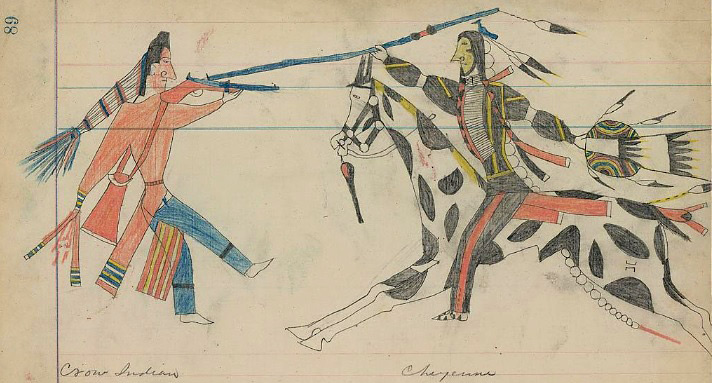There were many strange forces at play in the Netherlands’ elections on Wednesday. In my report, I concentrated on the biggest story, the possibility that Geert Wilders’s Freedom Party might take a huge number of parliamentary seats — though I quoted The Atlantic’s coverage predicting a narrow loss to Mark Rutte’s Liberal Party.
What I did not mention were some of the … oddities.
Did you know that Geert Wilders is the only official member of the Freedom Party?
Did you know that there is a 50+ Party in Holland — to represent folks … in my age bracket?
Irksome. A party organized just for an age group bugs me almost as much as the most extreme elements of Wilders’s anti-Islamism. But then, all parties bug me a bit, for the same reason the founding fathers desperately feared “factions” … that is, political parties. Factionalism turns government into tribal warfare, with legislation counting as … counting coup.
But no one in the Netherlands is asking how “bugged” I may or may not be.
The outcome of the March 15 elections? Labour lost the most, and the Freedom Party did not do as well as predicted … or feared. Instead of over 20 seats, it won 16, according to Bloomberg (quoting i & o research).
Here’s a not-so-odd oddity: I had to wade through quite a few reports on the election before I found any actual numerical results. The papers all seemed too busy gloating that the Freedom Party failed. I guess that counts as enough reporting. For them.
More evidence that we live in a post-fact society?
This is Common Sense. I’m Paul Jacob.
Pictured: Ledger drawing of a mounted Cheyenne warrior counting coup with lance on a dismounted Crow warrior, 1880s.


2 replies on “Dutch Election Oddities”
You betcha. What did McLuhan say: TV is a world of taking part in a process, NOT apprehension of concepts.1
How do you avoid ‘factions’? Members of a free society believe in different things. We don’t all subscribe to the same set of beliefs. We don’t all have the same beliefs in what government should (or should not) be responsible for. The founders might have called them “factions”. Why not “associations”? Doesn’t freedom include freedom of association?
How do voters make a choice without knowing what candidates stand for? Doesn’t that almost require that aspiring leaders line up on opposite sides so that a choice can be made?